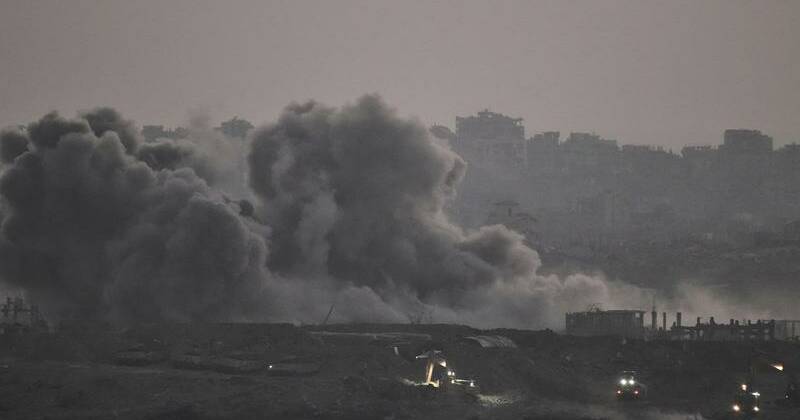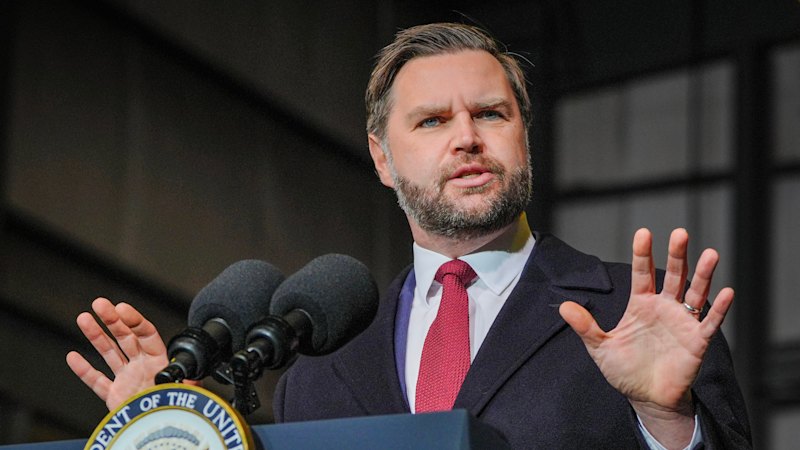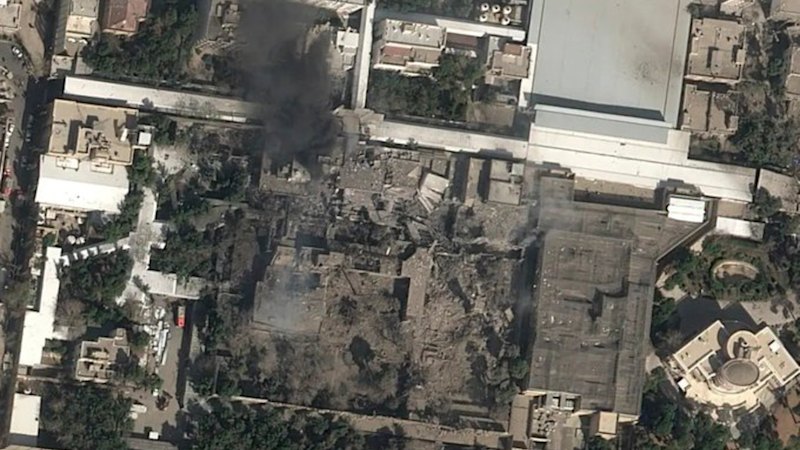
Hamas has expressed a willingness to engage in discussions regarding a US-brokered ceasefire proposal aimed at halting the ongoing conflict in Gaza. The proposal, announced by US President Donald Trump, outlines a 60-day ceasefire and includes provisions for the release of hostages and further negotiations to end the conflict.
Trump unveiled what he termed a “final proposal” for the ceasefire, anticipating responses from the involved parties within hours. On its official website, Hamas stated, “The Hamas movement has completed its internal consultations as well as discussions with Palestinian factions and forces regarding the latest proposal by the mediators to halt the aggression against our people in Gaza. The movement has delivered its response to the brotherly mediators, which was characterised by a positive spirit. Hamas is fully prepared, with all seriousness, to immediately enter a new round of negotiations on the mechanism for implementing this framework.”
Challenges Ahead for Ceasefire Implementation
Despite the positive response from Hamas, challenges remain. A Palestinian official associated with a militant group allied with Hamas noted concerns over humanitarian aid, passage through the Rafah crossing to Egypt, and the timeline for Israeli troop withdrawals. These issues highlight the complexities involved in reaching a comprehensive agreement.
Trump indicated that Israel had agreed to the “necessary conditions to finalise” the ceasefire, during which efforts would be made to end the conflict in the Palestinian enclave. However, Israeli Prime Minister Benjamin Netanyahu, who is scheduled to meet with Trump in Washington, has yet to publicly comment on the proposal. Netanyahu has consistently insisted that Hamas must be disarmed, a demand that Hamas has refused to entertain.
Reactions and Mediator Efforts
Israeli media reports suggest that Israeli officials are examining Hamas’s response to the ceasefire proposal. Meanwhile, Trump expressed optimism when questioned by reporters aboard Air Force One, stating, “They said they gave me a positive response? Well, that’s good,” though he admitted he had not yet been briefed. “There could be a Gaza deal next week,” he added.
Egypt, along with Qatar, is playing a mediating role in the ceasefire efforts. An Egyptian security official conveyed to Reuters that Hamas’s response “includes positive signs that an agreement is near, but there are some demands from Hamas that need to be worked on.”
The Human Cost of the Conflict
The conflict’s toll on human life continues to rise. Local health officials reported that Israeli attacks had resulted in the deaths of at least 138 Palestinians in Gaza over the past 24 hours. At the Nasser Hospital in Khan Younis, southern Gaza, officials confirmed that an Israeli airstrike on a tent encampment had killed 15 Palestinians displaced by the nearly two-year-long war.
Israeli military operations in the Khan Younis area have reportedly eliminated militants, confiscated weapons, and dismantled Hamas outposts. Over the past 24 hours, the military claims to have struck 100 targets across Gaza, including military structures, weapons storage facilities, and launchers.
Public Sentiment and Historical Context
In Tel Aviv, families and friends of hostages held in Gaza gathered outside the US embassy on US Independence Day, urging Trump to secure a deal for the release of all captives. The conflict began when Hamas fighters launched an attack on Israel on October 7, 2023, resulting in the deaths of 1,200 people and the abduction of 251 hostages, according to Israeli sources.
Israel’s subsequent military response has led to the deaths of over 57,000 Palestinians, according to the Gaza health ministry. The ongoing conflict has displaced a significant portion of Gaza’s population of more than two million, triggering widespread hunger and leaving much of the territory in ruins.
The announcement of a potential ceasefire comes amid a backdrop of prolonged violence and humanitarian crisis, with the international community closely monitoring developments. As negotiations continue, the focus remains on achieving a sustainable peace that addresses the needs and concerns of all parties involved.






